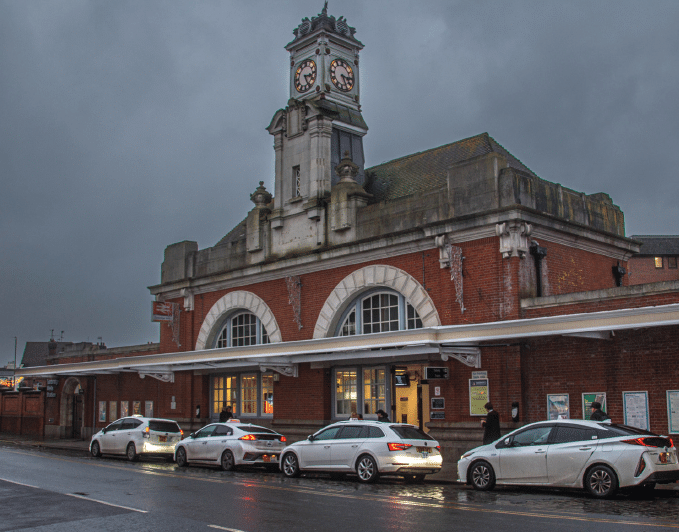THE Tonbridge Line Commuters (TLC) shared a statement with the Times that they are ‘concerned’ for the future of railway, amid the news that ‘regulated’ rail fares are set to increase by up to 4.9 per cent on March 3.
The Department for Transport, which announced the news on December 22, stated that this year’s increase is capped below inflation. Typically, annual increases to ‘regulated’ rail fares, such as season tickets and off-peak tickets, are linked to the previous July’s retail price index (RPI) measure of inflation, plus an additional one per cent.
This is the second year in a row that the Department for Transport has decided to limit fare price increases below July’s RPI rate, which was nine per cent in 2023.
The rise is announced after passengers have faced disruption to services due to strikes by rail workers over the past 18 months. Price rises of 4.9 per cent will see the cost of an annual season ticket from Tunbridge Wells to London Terminals hit £5,828 – up by around £272.
Travelling from Tunbridge Wells to London via rail could start to become unviable for commuters in the future should season ticket fares continue to rise year on year.
Chair of the Tonbridge Line Commuters Rob Mansfield believes that while the government intervention seems like a ‘passenger-friendly move’, it is still a 4.9 per cent increase at a time when many are feeling the squeeze.
Mr Mansfield told the Times: “Passengers are paying the price for a sustained period of short-sighted/bad decisions by the Government/Rail industry and many things are now coming home to roost. In the last year alone, we have had three industrial disputes that have dragged on for far too long. Two of those have been resolved but the ASLEF (drivers union) dispute shows no signs of ending.
“The ‘Networker’ trains are long overdue replacement, but progress seems to have stalled on this. The infrastructure looks fragile, and we are seeing lots of service disruption as a result,” he added.
Mr Mansfield explained that overcrowding on trains is becoming increasingly common, particularly in the evening, but there is ‘no funding available’ to increase services.
“It is clear that the Government looks at the railway as a spreadsheet with direct money in and direct money out the only considerations. Their efforts to cut costs, such as axing ticket offices or removing trains, are ill-thought-out and lack strategy.
“The end result is that it feels like the passenger is being blamed for everything and expected to continue paying up, regardless of the service offered. We do not think this is a sustainable way to run a railway and the lack of strategy is concerning for the future.”








